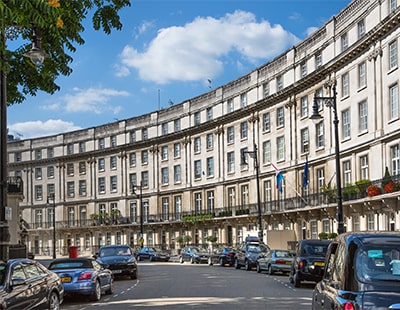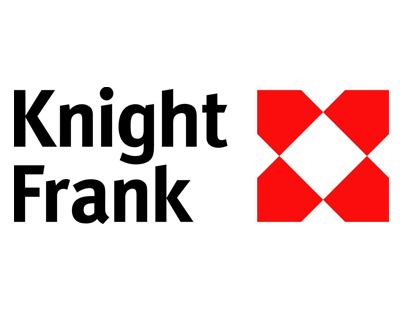
The number of film-related enquiries for short lets received by Knight Frank in the year to May has shown a rise of 82 per cent.
The agency puts it down to the British film industry's tax breaks and the weaker pound since the EU referendum producing a pick-up in activity in the luxury short-term lettings market as more Hollywood stars rent homes in London and the Home Counties.
Furthermore, the average weekly budget for searches increased by 15 per cent to £2,745.
“The uptick in demand has been matched by the fact more and more owners are open to the idea of renting out their property on a short term basis rather than leave it unoccupied,” says Stevie Walmesley, head of luxury short lets at Knight Frank.
“Plus, you tend to have considerate tenants in the film and TV industry who spend a lot of their time on set, which reduces wear and tear.”
Demand is strong across a number of different price brackets for production staff, crew and the actors, says Walmesley, which means weekly rents can range from £750 to upwards of £30,000.
The Notting Hill/Holland Park neighbourhood of London remained the most in-demand area for film industry requests, accounting for 18 per cent of all film and television-related enquiries. That was followed by Hampstead, Belsize Park and Richmond (each nine per cent) while Kensington (eight per cent) completed the top five.
The UK government has attempted to support the British film industry through corporation tax reliefs in recent years, which cover the film, high-end television and video games industries.
The tax reliefs, which require formal certification, delivered almost £8 billion to the UK economy and created 137,000 jobs in 2016 alone, according to the British Film Institute.
British productions of high-end television, which has minimum spend conditions, increased more notably. The total spend was £248 million in the first quarter of 2019, which was a 62 per cent increase from the same period in 2018, according to the BFI.
Meanwhile, the weakening pound since the EU referendum has made the UK even more attractive for overseas capital. It weakened about 14 per cent against the US dollar between June 2016 and June 2019.












%20-%20IMAGE%20Client%20Accounting%20%E2%80%93%20what%20are%20your%20options.jpg)


.png)








Join the conversation
Be the first to comment (please use the comment box below)
Please login to comment